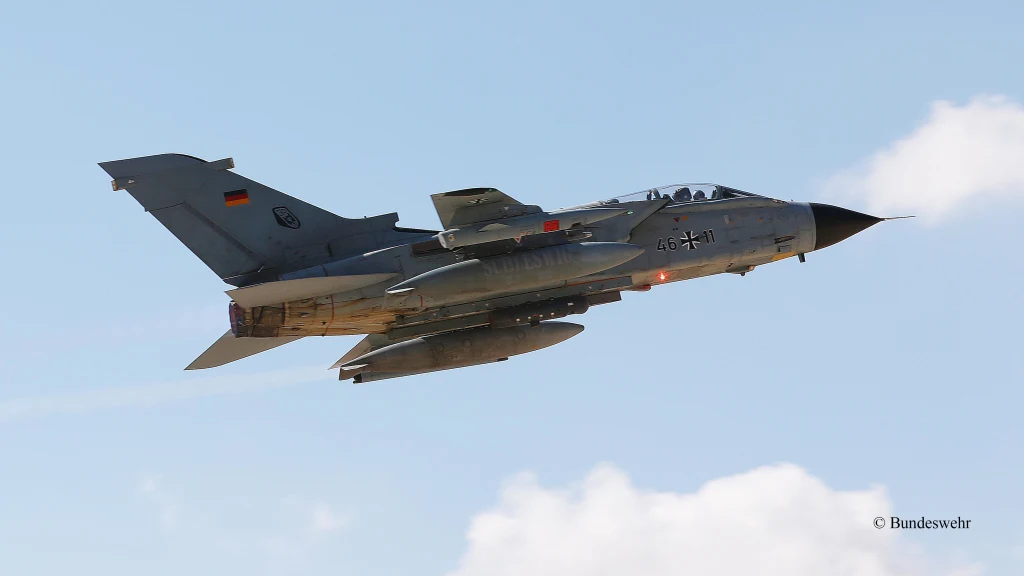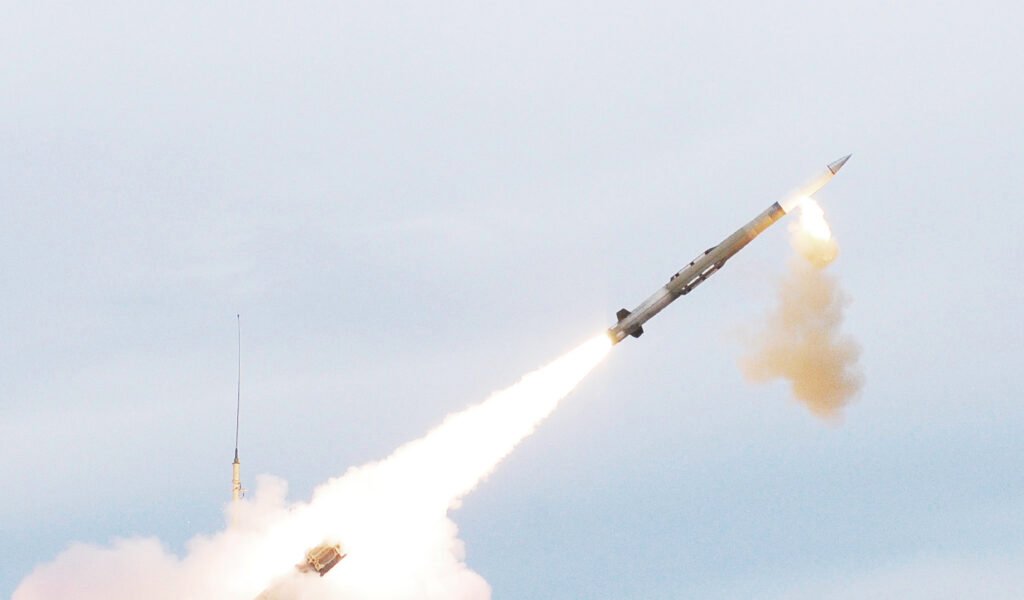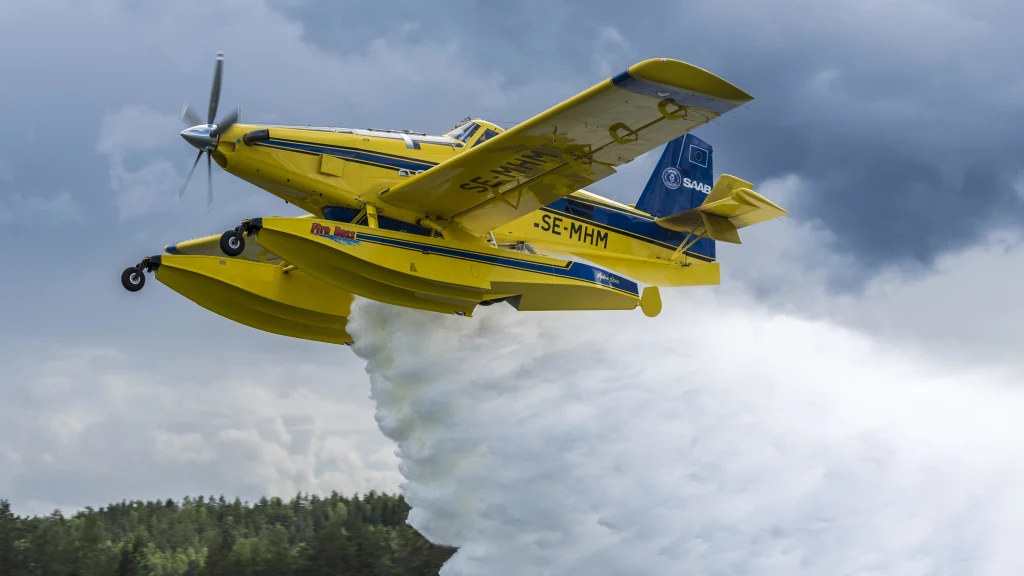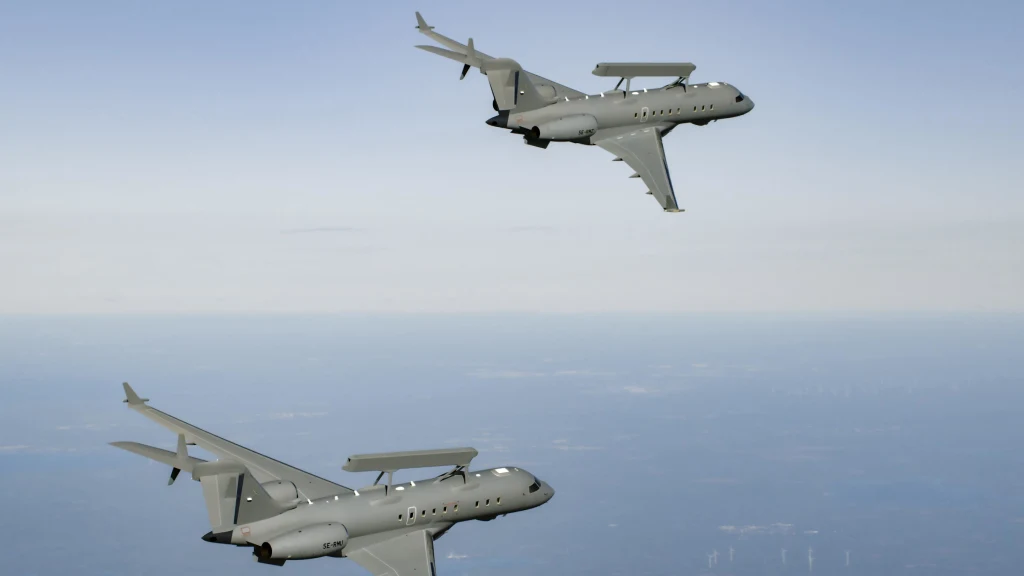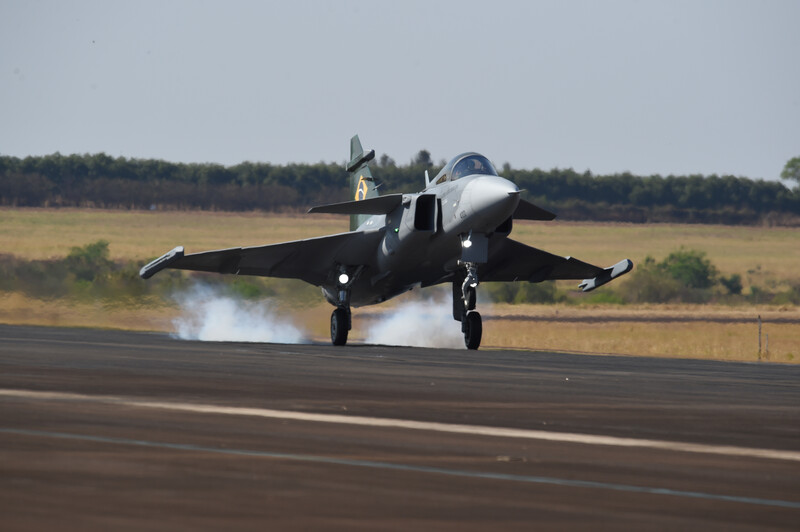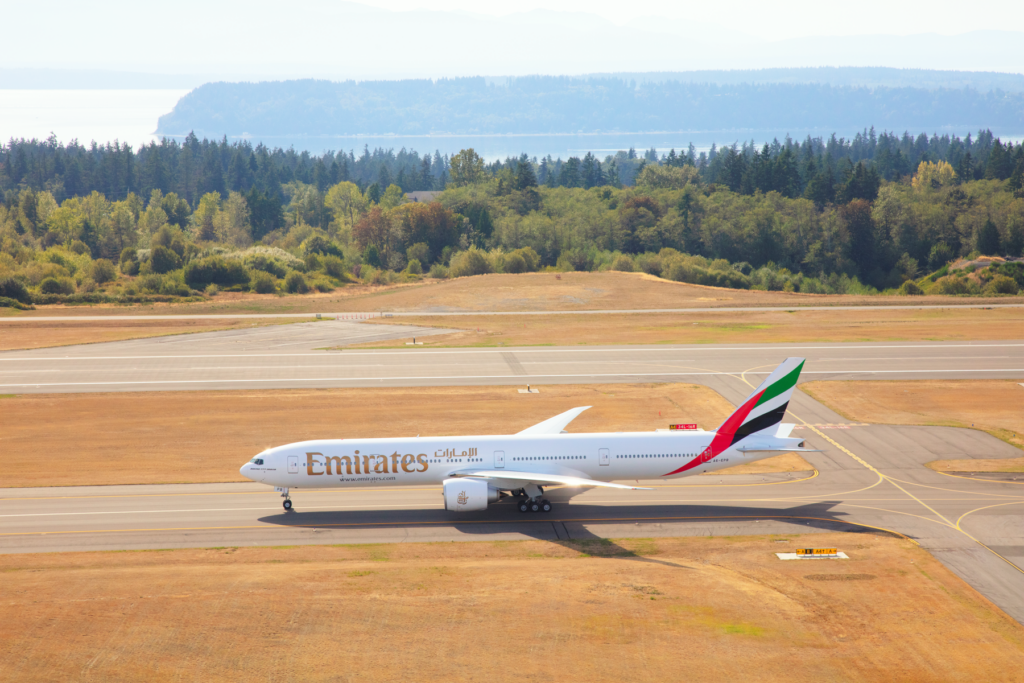Saab to Upgrade German Tornado Radar Warning Equipment
Saab has received an order from Panavia Aircraft GmbH to upgrade the radar warning equipment on the Tornado aircraft operated by the German Air Force. The order value is approximately 400 million SEK. Saab will…
